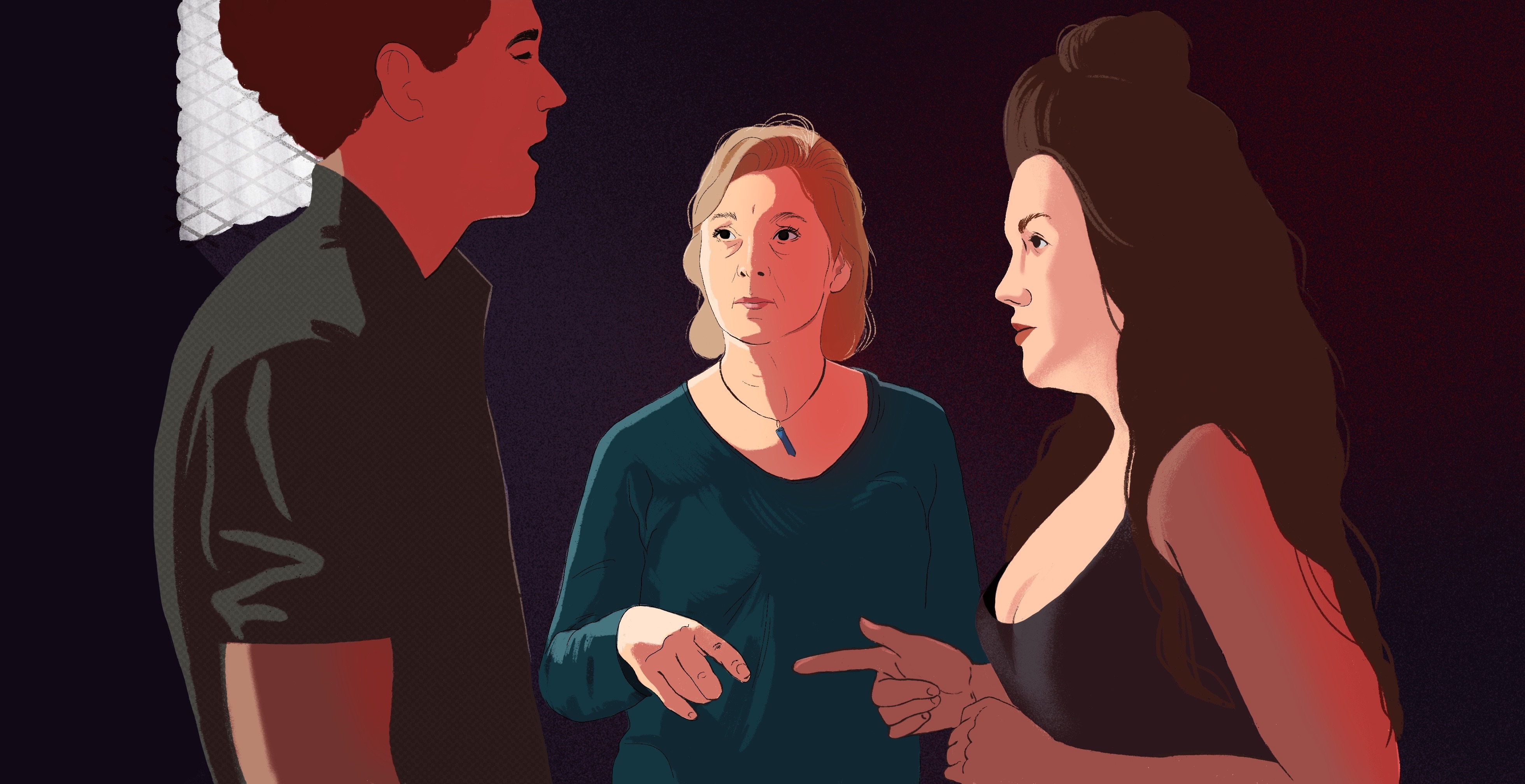Despite recent strides within the entertainment industry to improve the experience and workplace conditions of actors filming sex scenes by hiring on-set intimacy coordinators, it seems some actors still aren’t enjoying the understandably uncomfortable process of stripping down and having fake sex with a coworker in front of their other coworkers. In fact, The Crown actress Claire Foy even went as far as to call sex scenes “the grimmest thing you can do” in a recent BBC interview.
“It’s a really hard line because basically you do feel exploited when you are a woman and you are having to perform fake sex on screen. You can’t help but feel exploited,” Foy said while speaking on BBC Radio 4’s Woman’s Hour. “It’s grim — it’s the grimmest thing you can do. You feel exposed. Everyone can make you try to not feel that way but it’s, unfortunately, the reality.”
Foy opened up about her less than favorable experience filming sex scenes while speaking about her latest role as Margaret Campbell, a former British socialite, in the second edition of the BBC drama A Very British Scandal. For those who aren’t up on their 20th-century British drama, Campbell was herself a woman exploited and demeaned throughout her 1963 divorce from Ian Campbell, in which she was accused of adultery and decried as a “highly sexed woman.” Intimate photos of Campbell were made public, and a judge argued that the socialite was “not satisfied with normal relations and had started to indulge in disgusting sexual activities to gratify a debased sexual appetite,” according to The Guardian.
For Foy, filming sex scenes for her role as Campbell seems to have been something of a necessary evil — a sacrifice made for the sake of her art. “I felt very strongly that it had to be in it, but I wanted it to be female,” she said. “I did not want it to be that sort of awful climactic sexual experience you often see on the cinema screen.”
While Foy’s complaint seems to be focused more on something she finds inherently demeaning about performing sex scenes than a critique of the industry behind them, it’s hard not to read her comments as those of a woman who has felt coerced by her industry, and who has been failed by the practices put in place to support women in her position. Of course, there are duties of every job some employees would rather not perform, but it’s obviously different when those duties involve sexual contact (even when it’s fake).
If, indeed, Foy does feel “strongly” that filming sex scenes is a necessary if unfavorable part of her work, then she is of course well within her right to make the call to continue performing them. Still, any time anyone refers to feeling “exploited” in their workplace or within their industry, especially when the root of that exploitation is sexual in nature, should be cause for alarm.
Maybe there’s absolutely nothing wrong with the way the sex scenes in Foy’s career have been handled by her employers; maybe Foy just doesn’t like filming sex scenes and another actor in her position wouldn’t feel exposed or exploited at all. Still, knowing what we do of the entertainment industry’s history of exploiting and abusing the women within it, if an actress mentions feeling exploited or exposed, we should be paying attention.
Thanks for reading InsideHook. Sign up for our daily newsletter and be in the know.

















